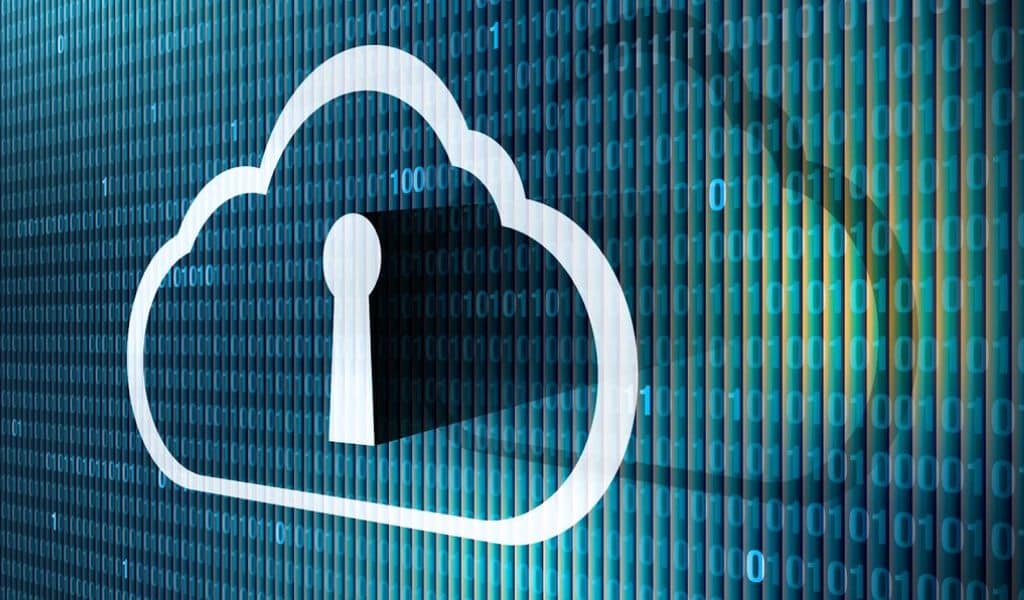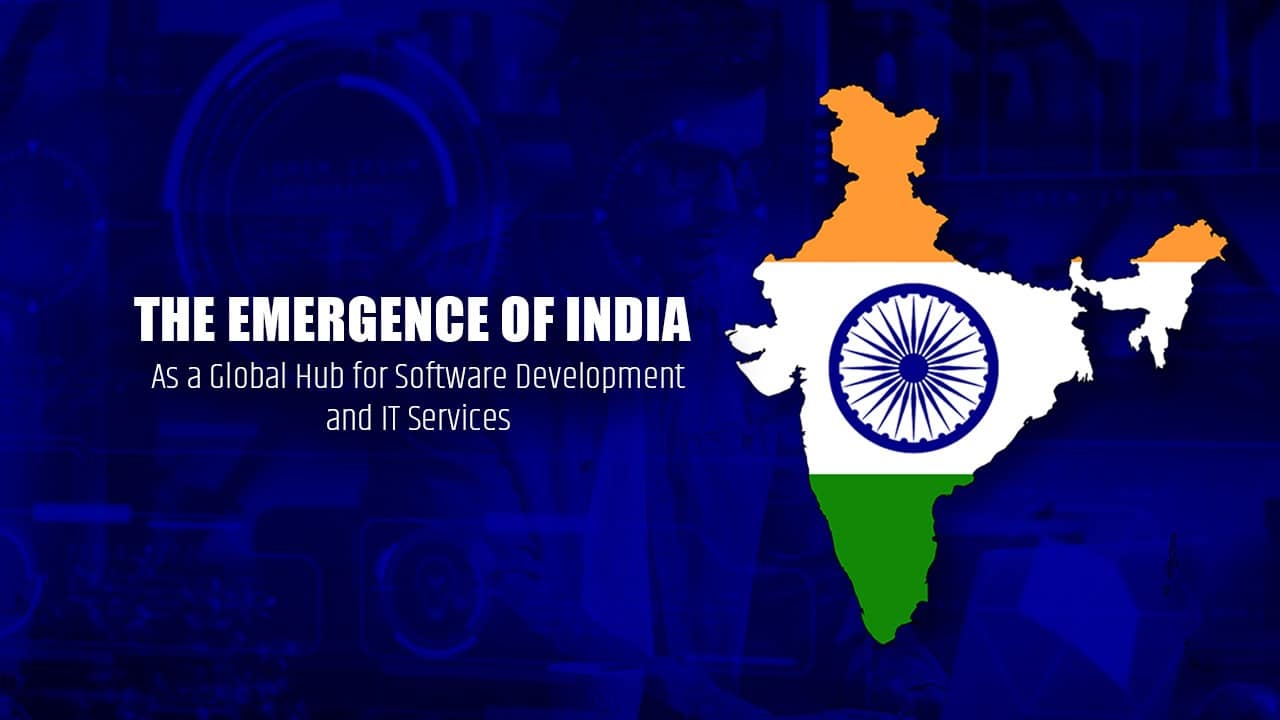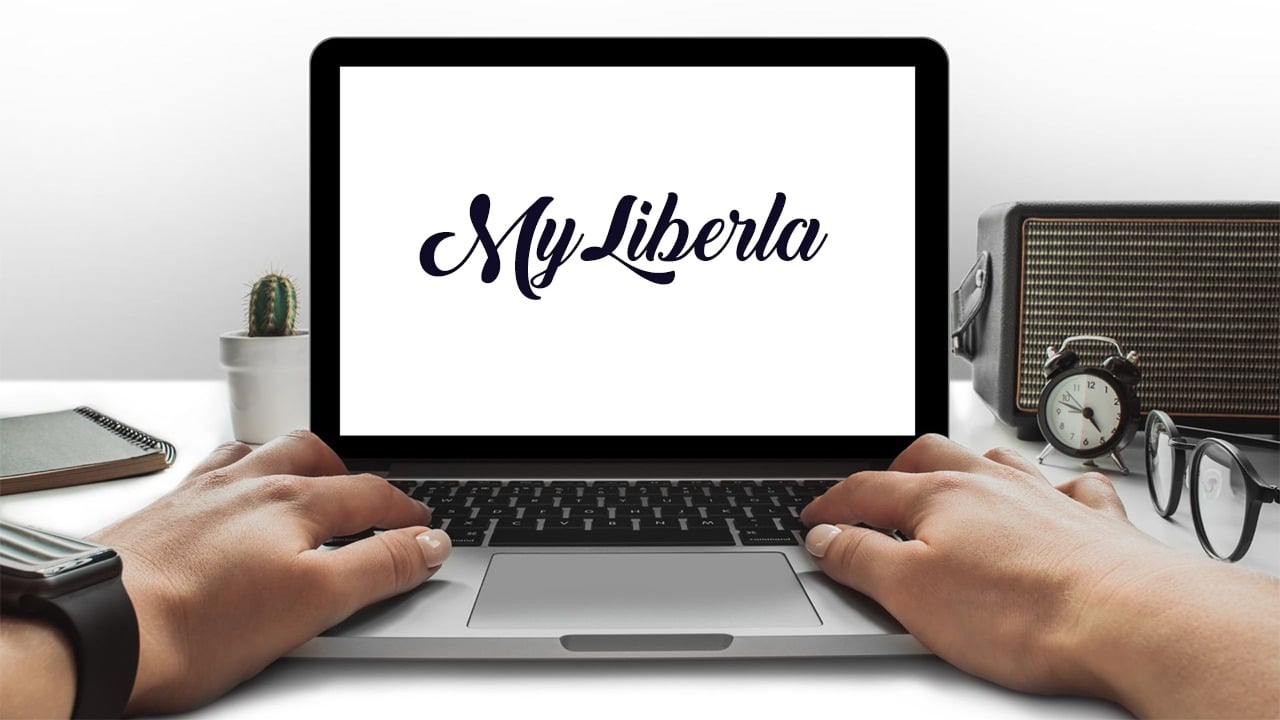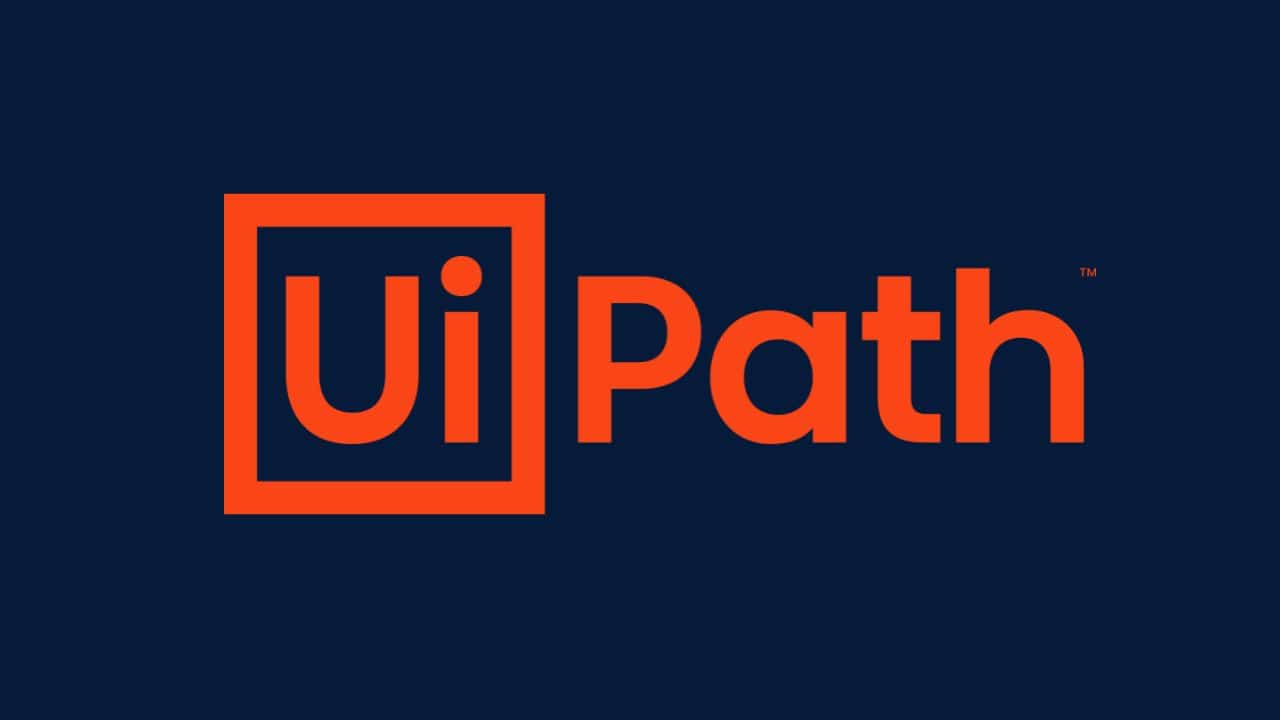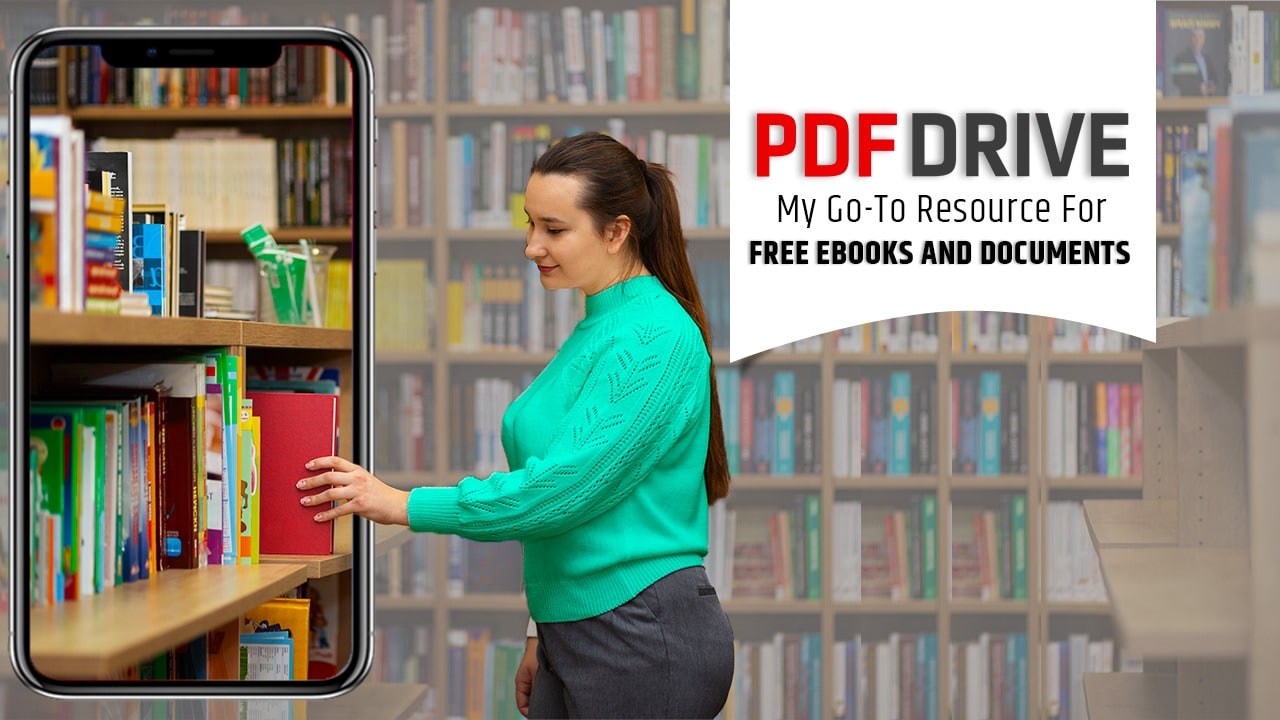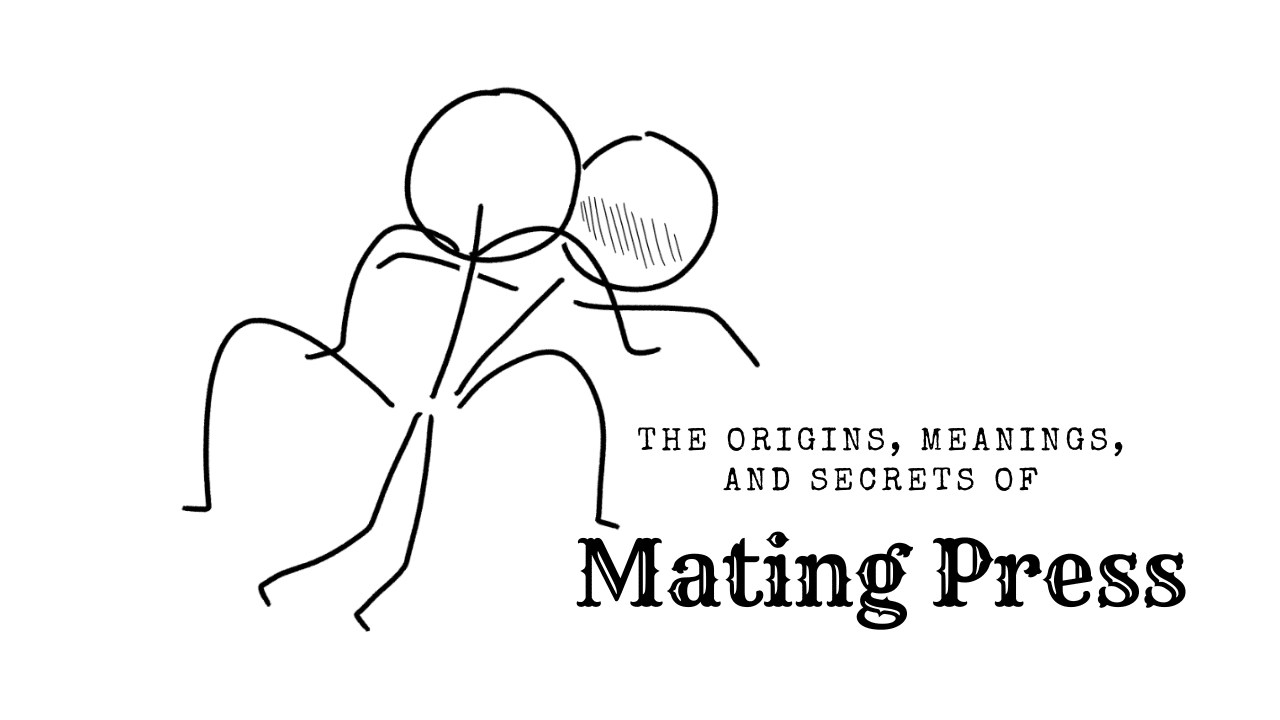Cyber attacks and data breaches make it harder to feel safe in the digital age. The current privacy crisis is complex and multifaceted, with no easy solution.
To thrive in a data-driven society, we must safeguard our personal data.
Why is Personal Data So Valuable?
The size of the personal data market is astonishing. A 2017 Equifax data breach exposed 147 million people’s data, costing a company $525 million.
In 2022, the social media giant Facebook faced a fine of $277 million from the Ireland Data Protection Commission (DPC). It was due to the compromise of 500 million users’ personal information.
These incidents highlight the value businesses place on consumer data. And this has led to the loss of privacy becoming a significant concern in the digital era.
Digital technologies have increased personal data collection, use, and sale without our consent. Surveillance capitalism is the name given to this phenomenon. It’s companies and the government violating our privacy rights.
Social media, search engines, and online advertisers collect and use our personal data. They use it to create detailed profiles for targeted advertising and manipulation.
The harm that can result from personal privacy violations is terrifying. Companies may deny you opportunities like jobs or loans. Or you may be subject to cyberbullying or other forms of harassment. Governments may use personal data to surveil you. They may also target you for prosecution based on your online activities.
This reality has far-reaching and intricate ramifications. Collecting sensitive data without consent denies you the ability to make informed decisions. It can have severe implications for your privacy and autonomy. This abuse can lead to identity theft, financial fraud, emotional distress, and reputation damage.
We must consider the effects of data collection, processing, and sale. We must be adamant in defending our privacy and autonomy.
What are the Best Security Measures for the Protection of Personal Data?
As of 2022, data breaches affected about 422 million Americans. It’s terrifying to think of what may happen if someone else got their hands on your personal data.
We collected a few efficient ways to safeguard your personal data:
Use a Password Manager
Password managers generate strong, unique passwords and store them securely. This reduces the likelihood of data breaches. Password managers also protect critical data with two-factor authentication and secure sharing.
Enable Two-factor Authentication (2FA).
2FA protects online accounts by demanding two kinds of verification. Your password is the first type. The second may be a one-time pin, an SMS, or biometric data, like fingerprint or facial recognition.
2FA keeps hackers from your email, bank accounts, and other private data. It will prevent hackers from accessing your account even if they have your password.
Control Web Cookies
Cookies track your preferences while you browse, allowing you a more tailored experience. But criminals can use cookies to spy on your online behavior.
Here are several ways to manage web cookies and protect your data:
- Choose a privacy-focused browser. Some browsers have built-in privacy tools that block or remove cookies.
- Use a browser extension to manage cookies. Explore options like “Cookie AutoDelete” or “Privacy Badger.” They both offer helpful features for managing cookies.
- Use the “opt-out” feature on websites. Check for a “Do Not Sell My Personal Information” link on the website’s privacy policy page.
- Use a cookie manager. It allows you to view and manage the cookies on your computer. You can delete specific cookies or block all cookies.
- Clear your cookies often. Clearing cookies will remove tracking data. You can delete cookies from your browser’s cache or history.
Be Cautious When Sharing Information
Do not share personal information with unknown parties or through unsecured websites. Instead, keep data safe by storing it in the cloud and sharing it there. This file-sharing and collaboration method is user-friendly, secure, and flexible.
Cloud storage lets you safely exchange files that are too big for instant messaging apps. Upload the file to your cloud storage and provide the recipients with a link.
Encryption and 2FA ensure that only authorized individuals can access your data. It is often crucial when sharing sensitive or private material.
Be Wary When Using Public Wi-Fi
Coffee shops, airports, and libraries are not the safest places to get work done or to check social media. Public Wi-Fi networks in these locations are not secure. Anyone else using the network could monitor your online activities.
But there’s a brilliant solution. Virtual Private Networks encrypt your traffic, making it difficult for hackers to read your data. Think of a VPN as a secret tunnel that shields your identity online by concealing your IP address.
Take control of your personal data and reduce the risk of its unauthorized use. Use strong passwords, avoid sharing private information, and use privacy-enhancing technologies.

